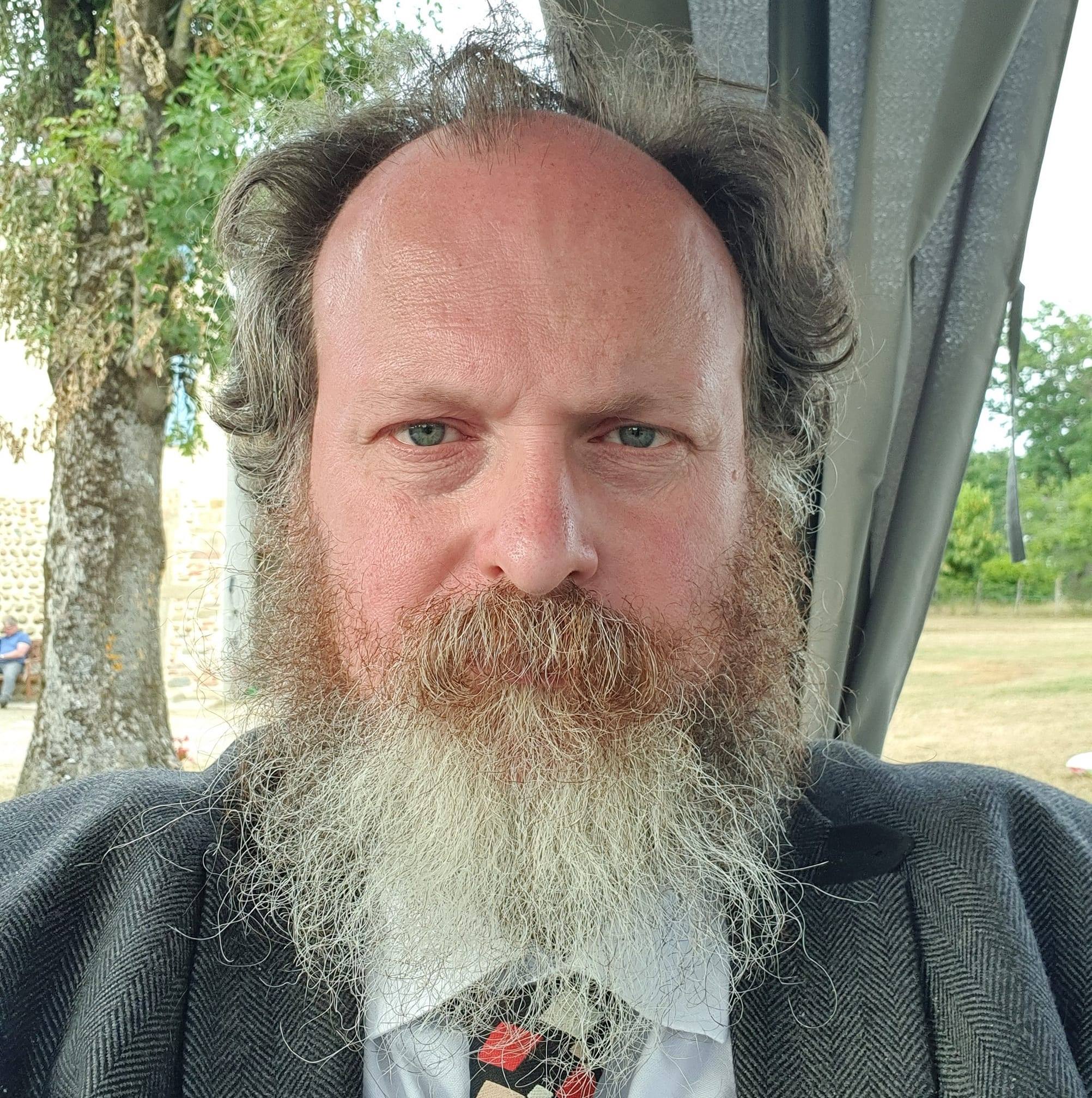Oh. My. God.
Amid the wreckage I counted 12 dead civilians, lying in the road or in
nearby ditches. All had been trying to leave this southern town
overnight, probably for fear of being killed by US helicopter attacks and
heavy artillery.
Their mistake had been to flee over a bridge that is crucial to the
coalition’s supply lines and to run into a group of shell-shocked young
American marines with orders to shoot anything that moved.
One man’s body was still in flames. It gave out a hissing sound. Tucked
away in his breast pocket, thick wads of banknotes were turning to ashes.
His savings, perhaps.
Down the road, a little girl, no older than five and dressed in a pretty
orange and gold dress, lay dead in a ditch next to the body of a man who
may have been her father. Half his head was missing.
Nearby, in a battered old Volga, peppered with ammunition holes, an Iraqi
woman – perhaps the girl’s mother – was dead, slumped in the back seat. A
US Abrams tank nicknamed Ghetto Fabulous drove past the bodies.
This was not the only family who had taken what they thought was a last
chance for safety. A father, baby girl and boy lay in a shallow grave. On
the bridge itself a dead Iraqi civilian lay next to the carcass of a
donkey.
As I walked away, Lieutenant Matt Martin, whose third child, Isabella,
was born while he was on board ship en route to the Gulf, appeared beside
me.
“Did you see all that?” he asked, his eyes filled with tears. “Did you
see that little baby girl? I carried her body and buried it as best I
could but I had no time. It really gets to me to see children being
killed like this, but we had no choice.”
Martin’s distress was in contrast to the bitter satisfaction of some of
his fellow marines as they surveyed the scene. “The Iraqis are sick
people and we are the chemotherapy,” said Corporal Ryan Dupre. “I am
starting to hate this country. Wait till I get hold of a friggin’ Iraqi.
No, I won’t get hold of one. I’ll just kill him.”
[Information Clearing House]
